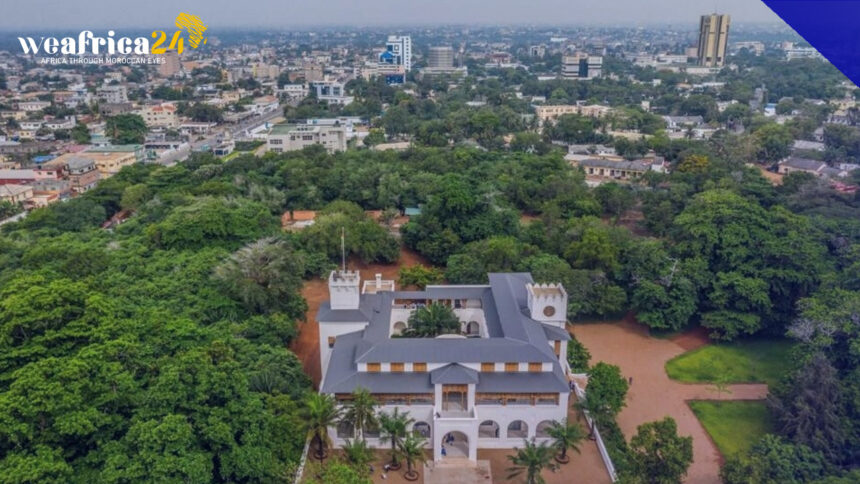It is now clear that legislative elections will not take place before December 31, 2023, The expiration date of the current parliamentary mandate.
To adhere to constitutional norms, these legislative elections were supposed to be organized thirty days before the end of the current mandate. Recognizing the impracticality of this timeline, the government instructed the Independent National Electoral Commission (Céni) to schedule them at the beginning of 2024.
Setting a Deadline
The government has set a deadline for Céni: to conduct the elections before the end of the first quarter, i.e., before the end of March 2024. This is deemed “unacceptable” by opposition figure Gérard Adja, the executive secretary of the Dynamique pour la majorité du peuple (DMP).
Since the mandate of the current parliament expires on December 31, Adja argues that a legal vacuum will ensue, and the deputies will no longer have legality. He asserts, “We will not accept that this government continues to make decisions on behalf of the Togolese people as they will no longer have the legitimacy or legality to do so.”
No Constitutional Void?
Zeus Ajavon disagrees. As a civil society actor and former professor of private law at Togo’s universities, he believes that there is no constitutional void: “In the general interest, the state must continue to function regardless of the situation for everyone’s benefit. In this case, we talk about a ‘de facto government’ when it is a government, or we talk about ‘de facto sedition.'”
Although alliances are forming amid this electoral deadline imbroglio, there is unanimous agreement on one point: the need to establish a framework for discussion between the government and the opposition before the upcoming legislative elections.







